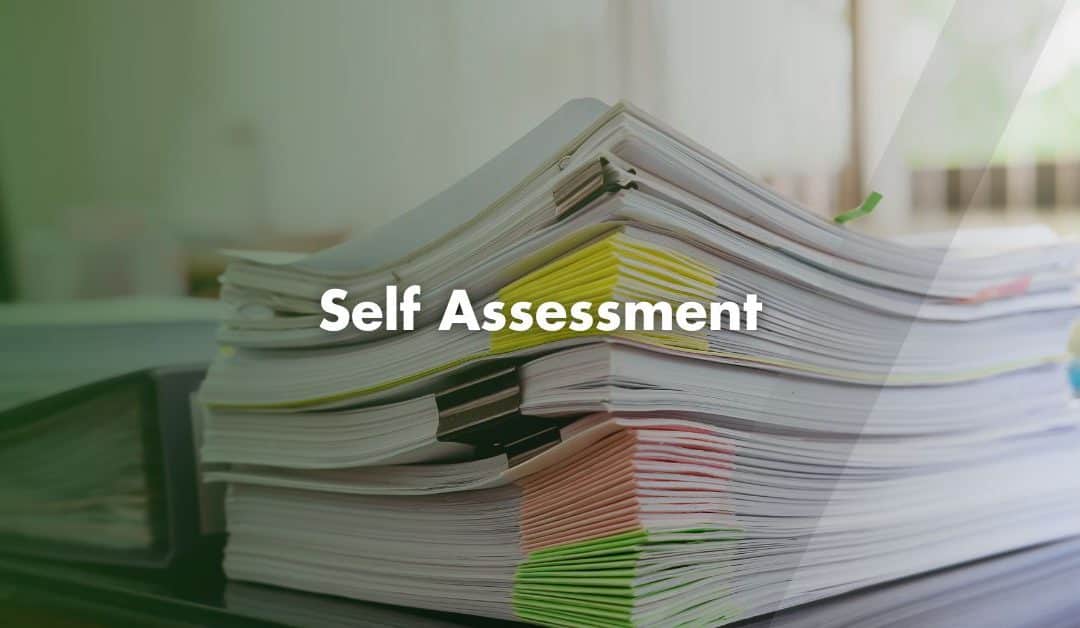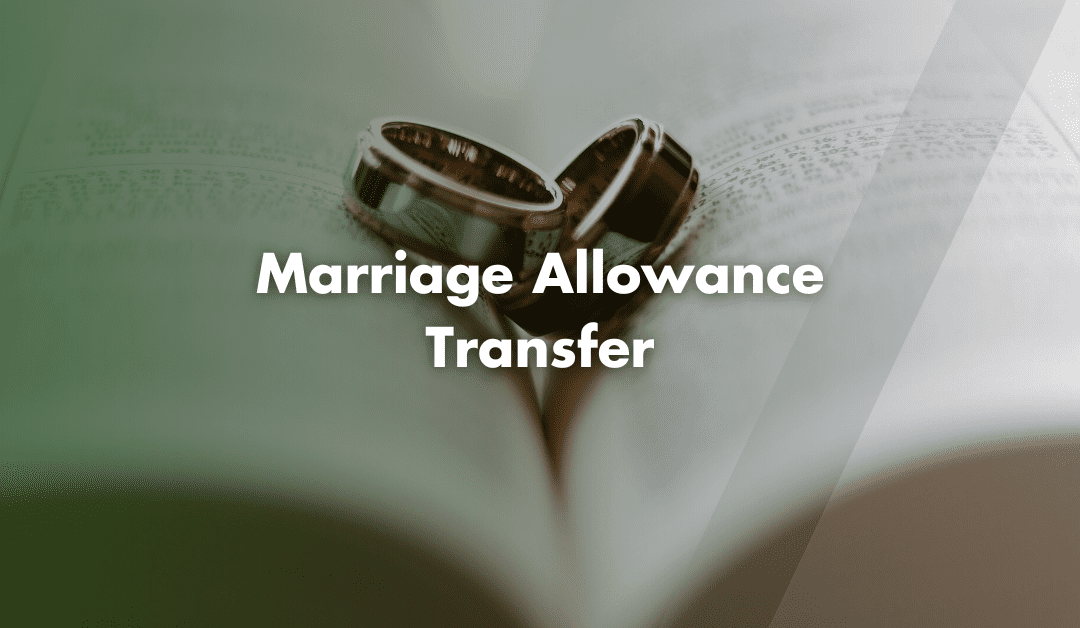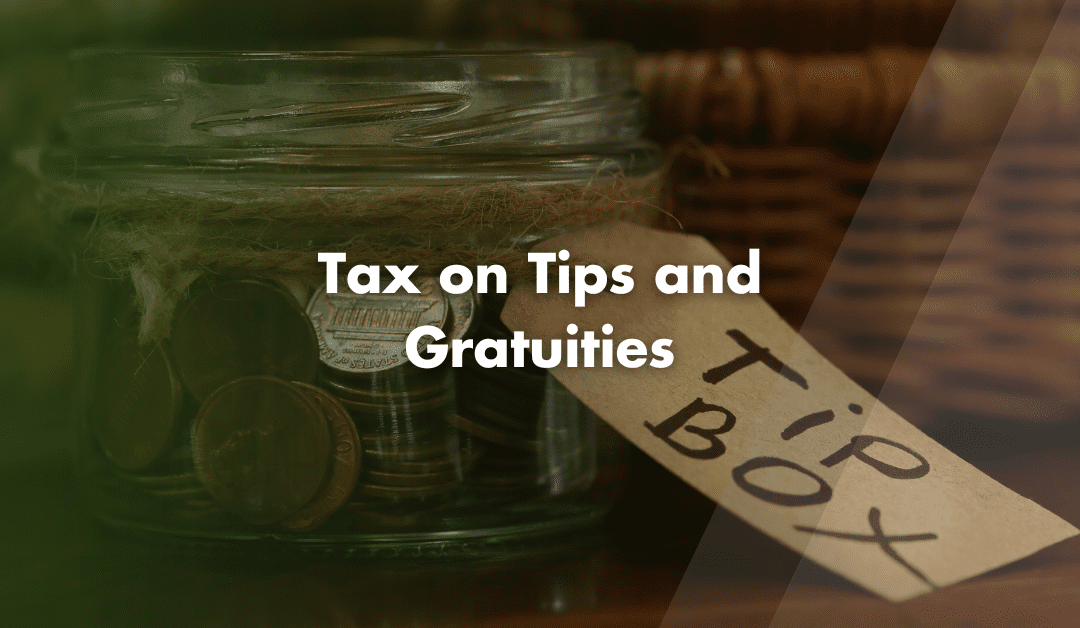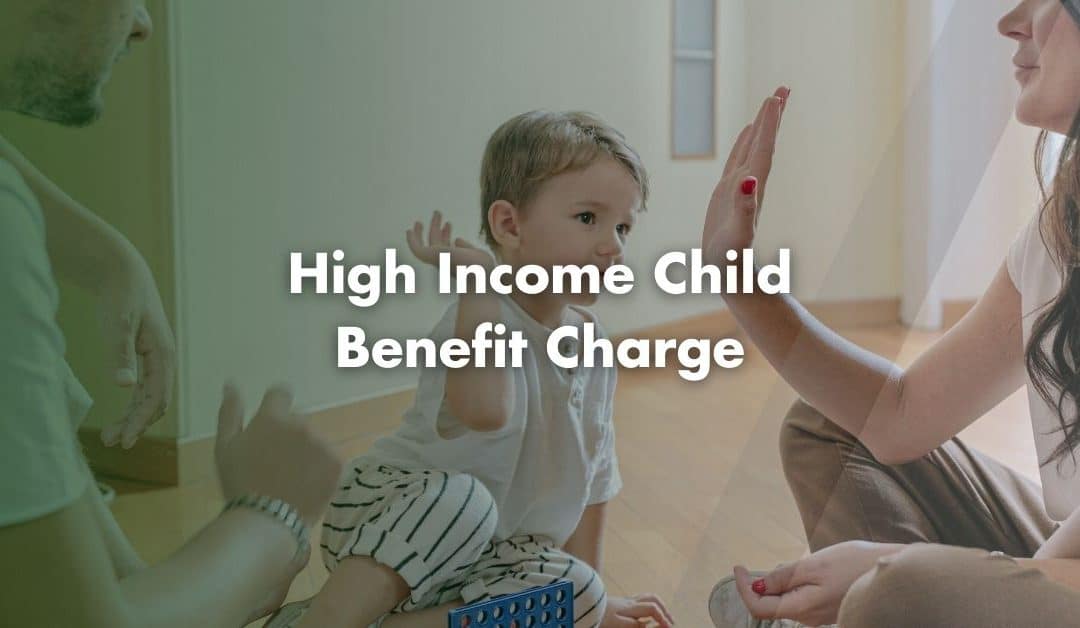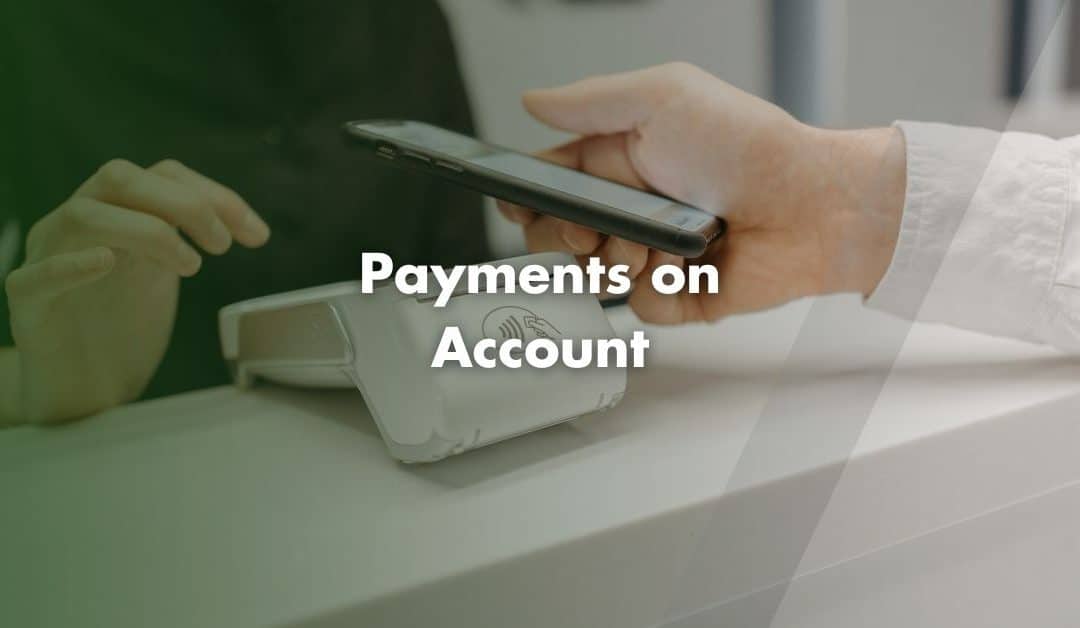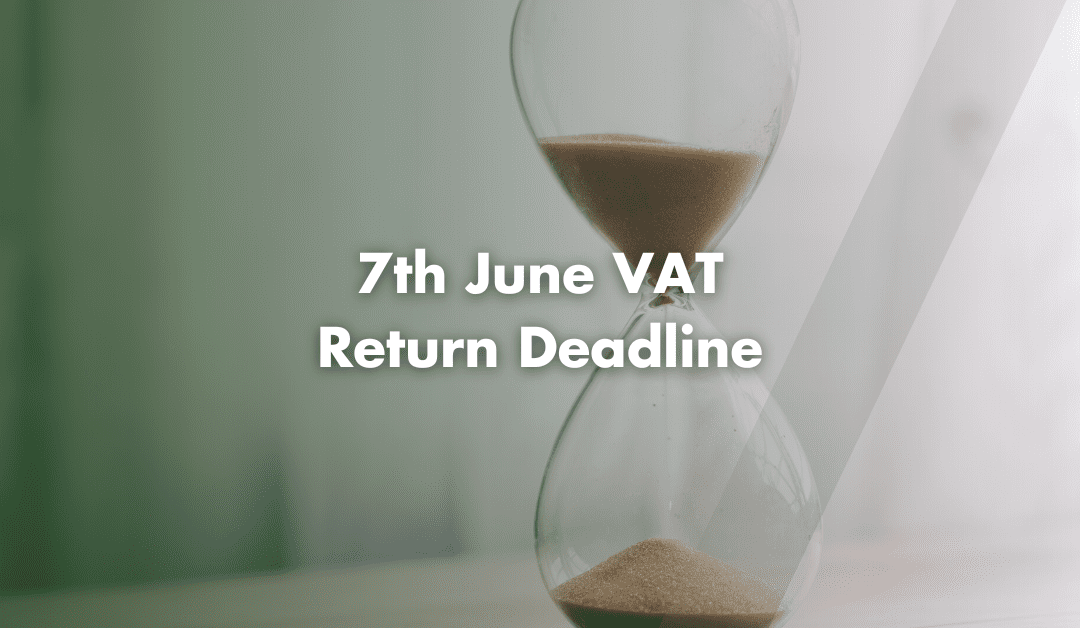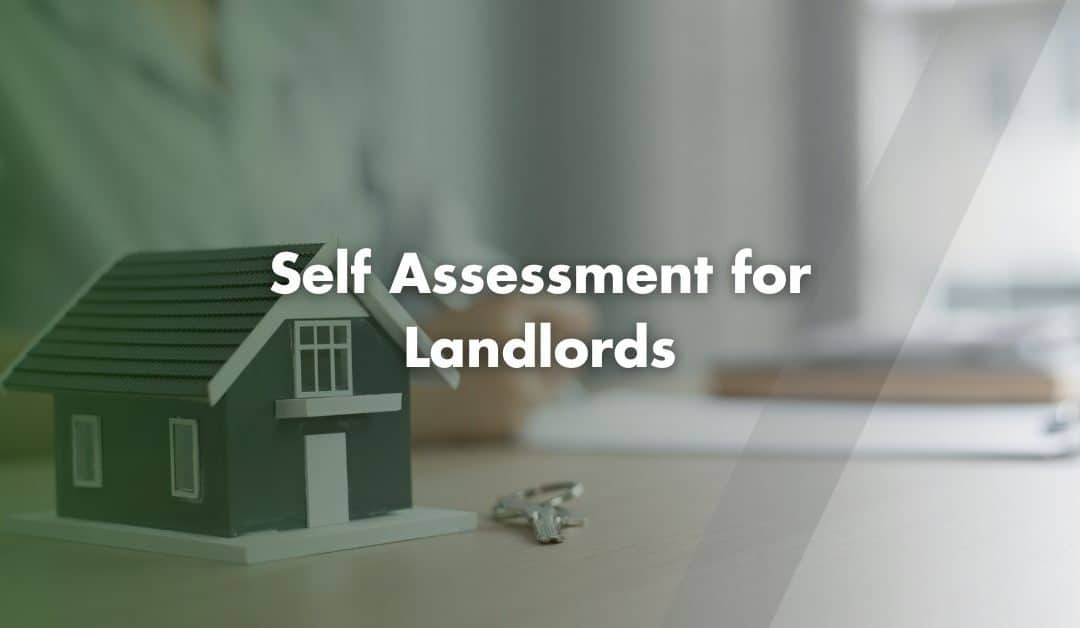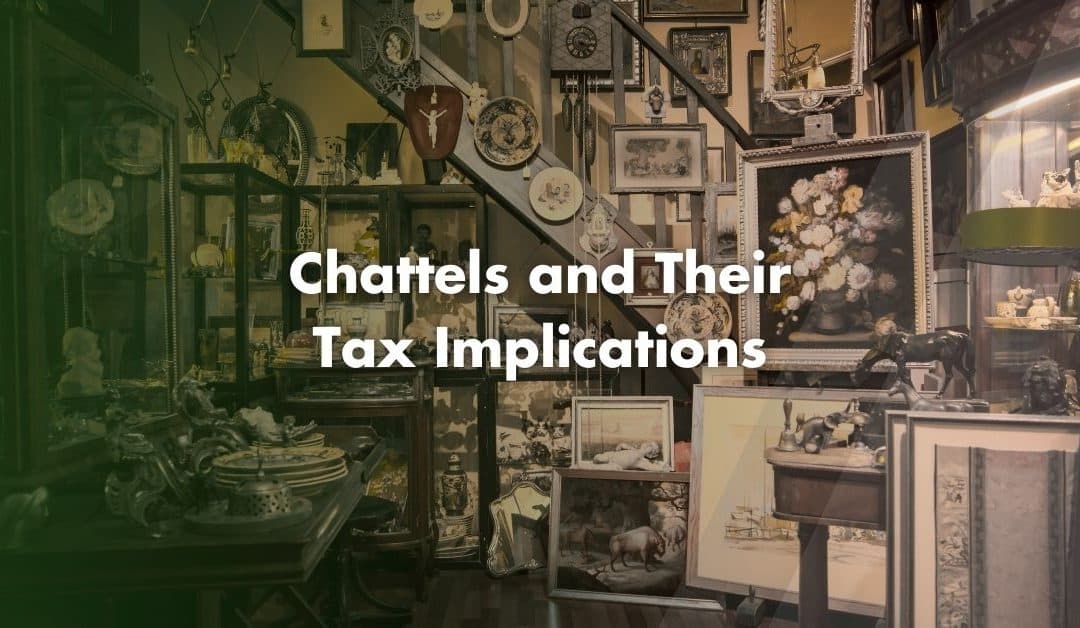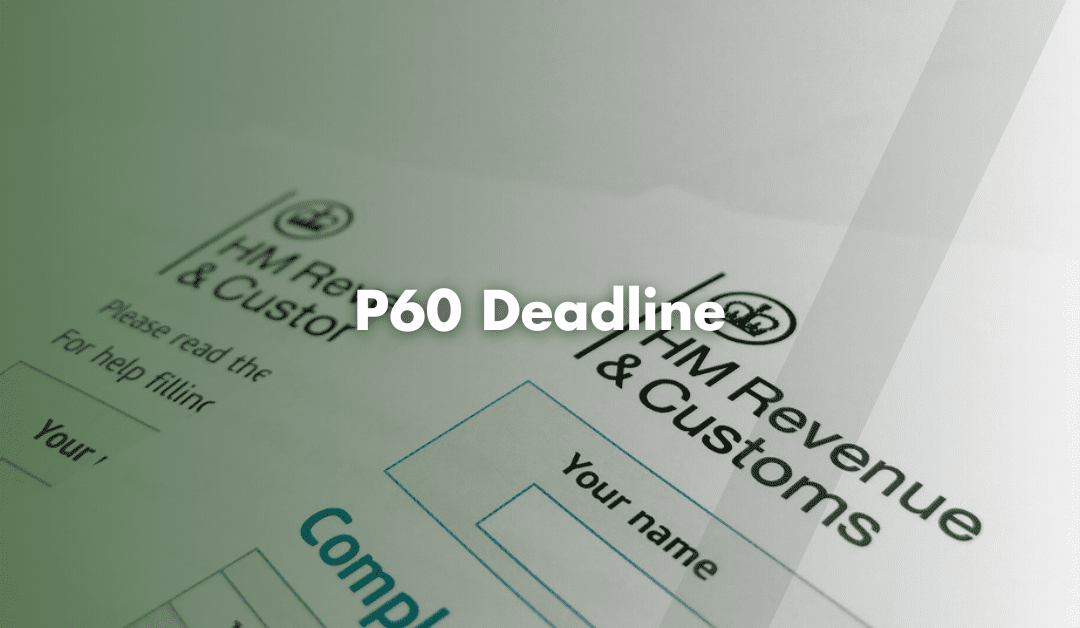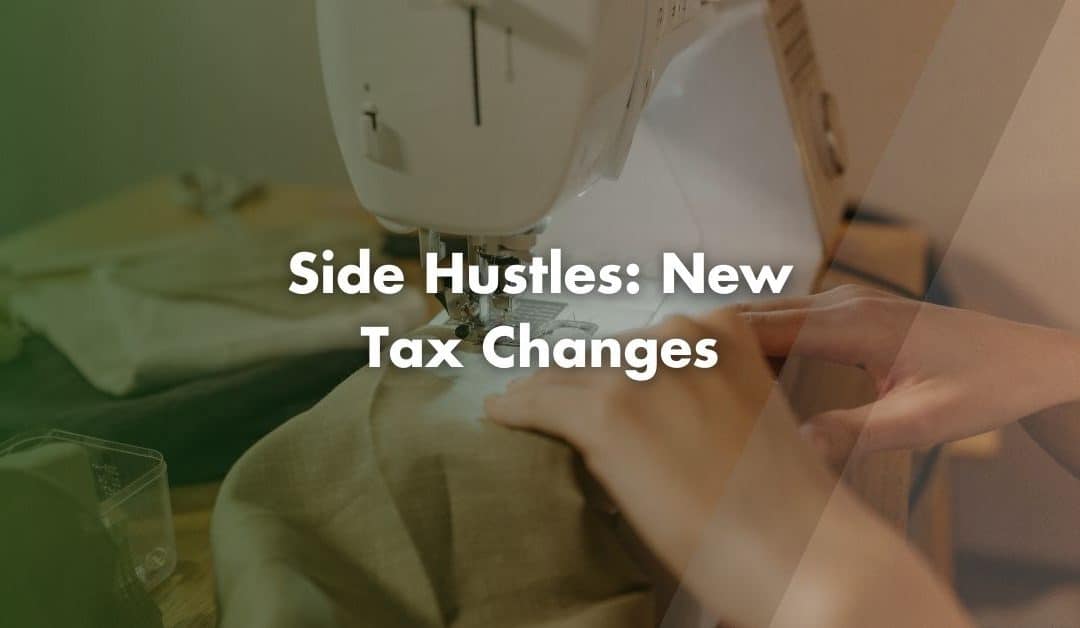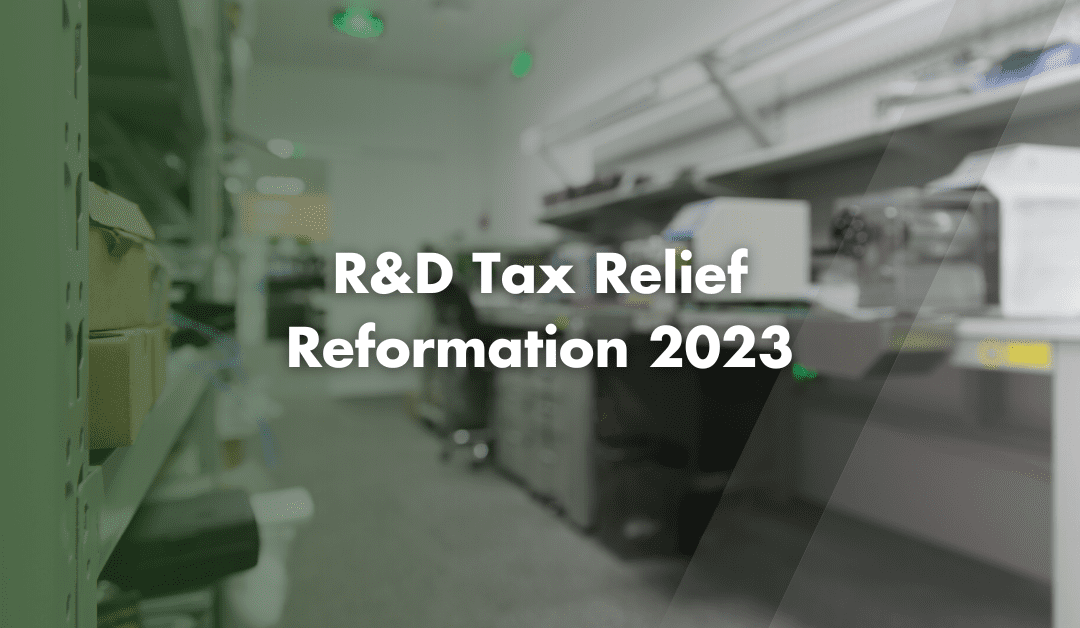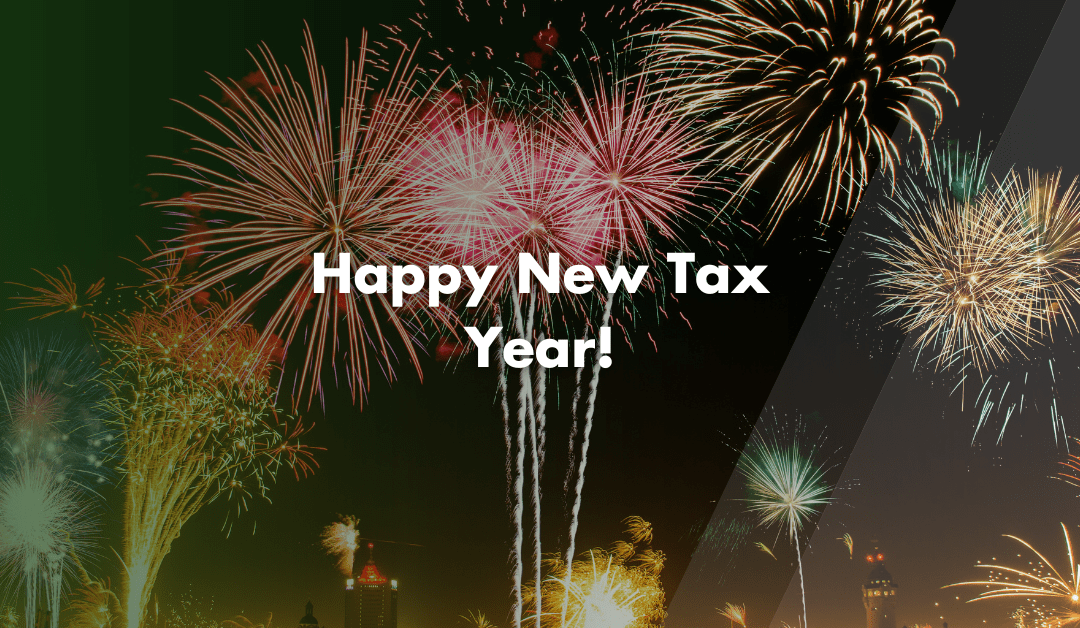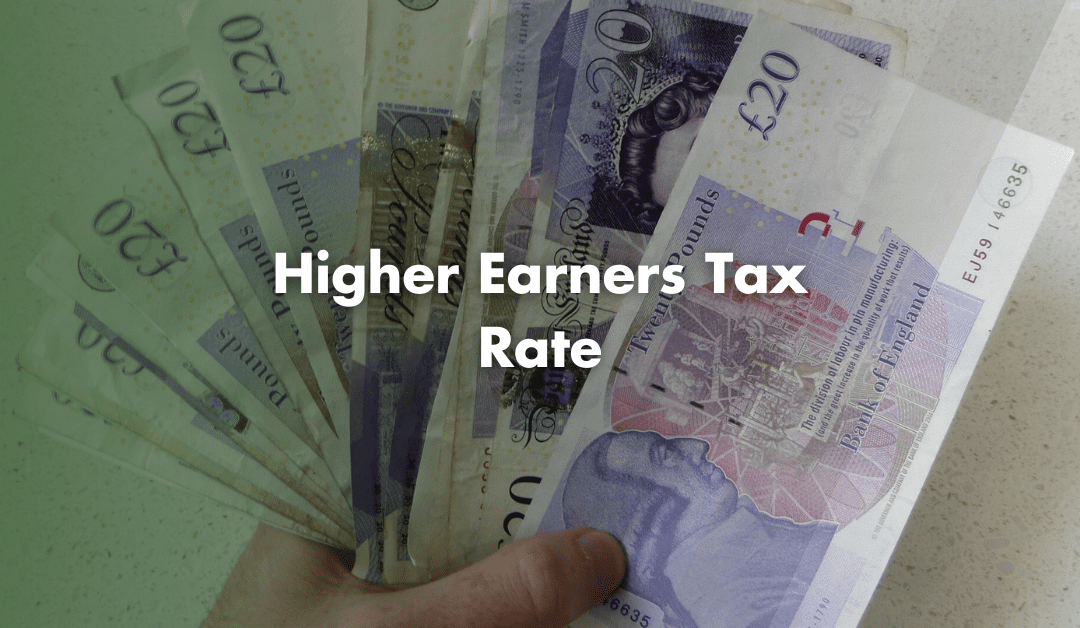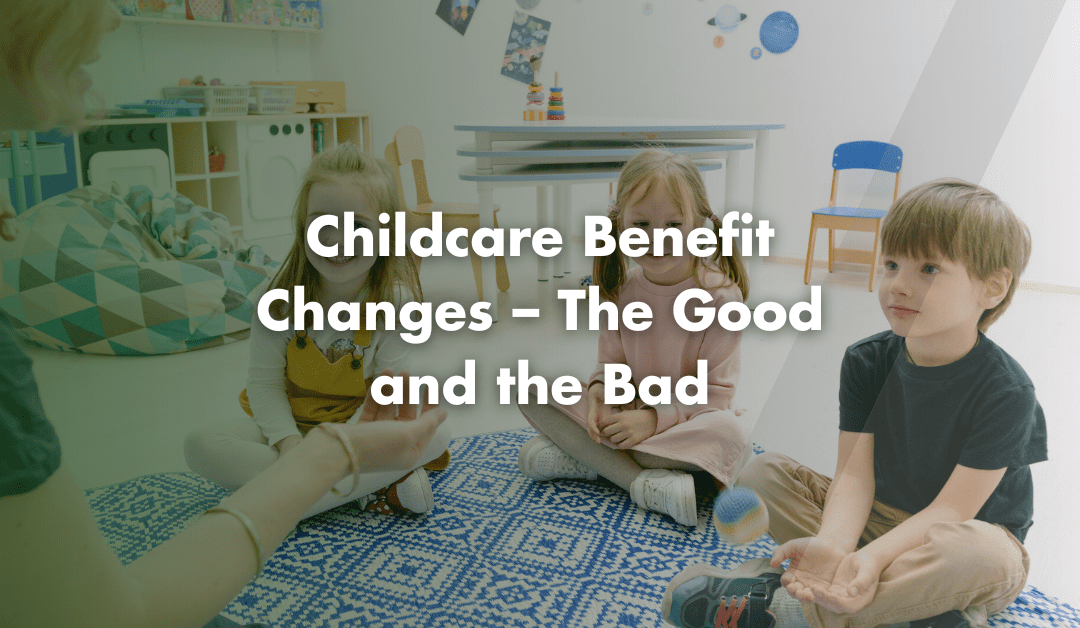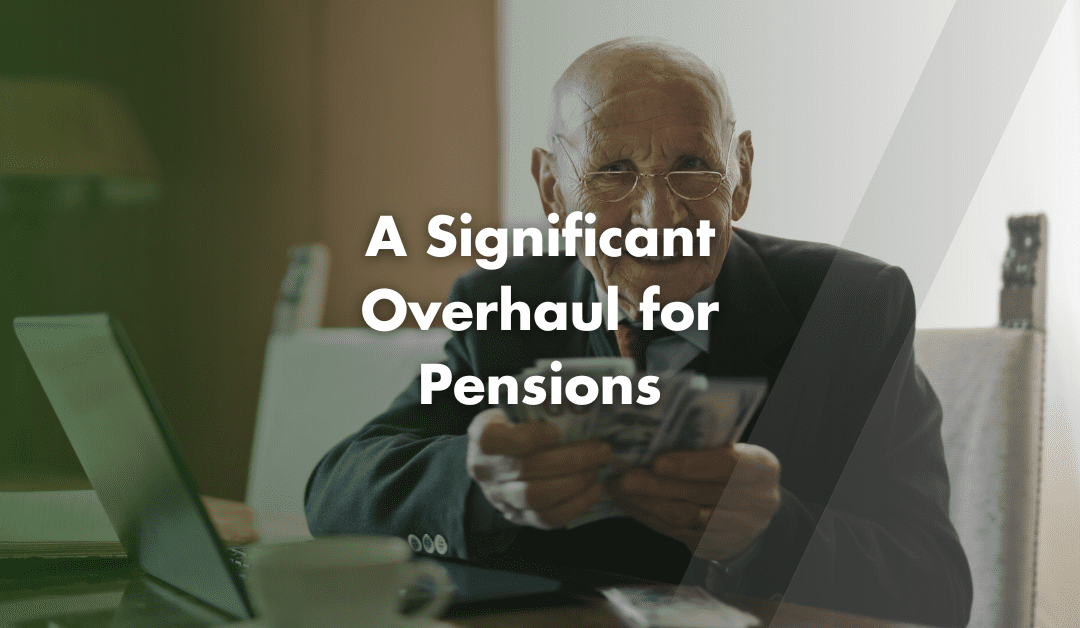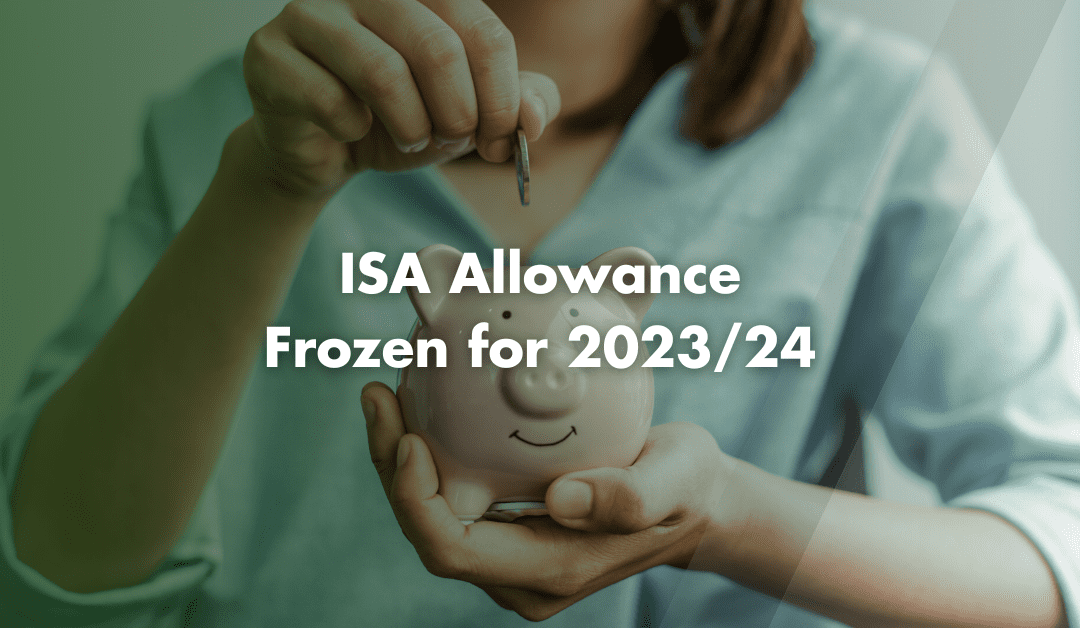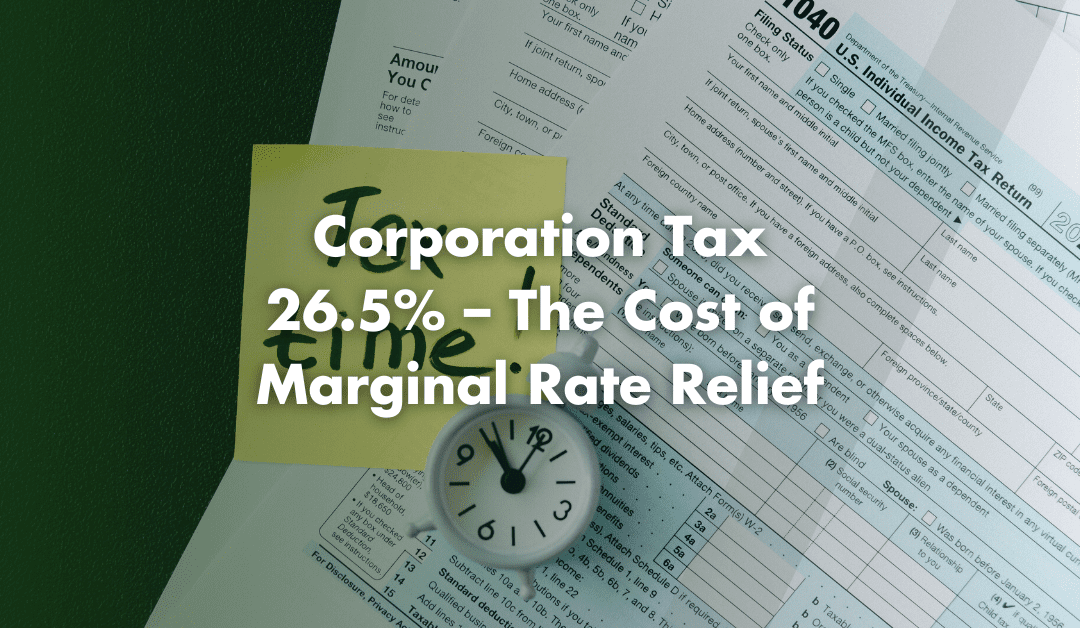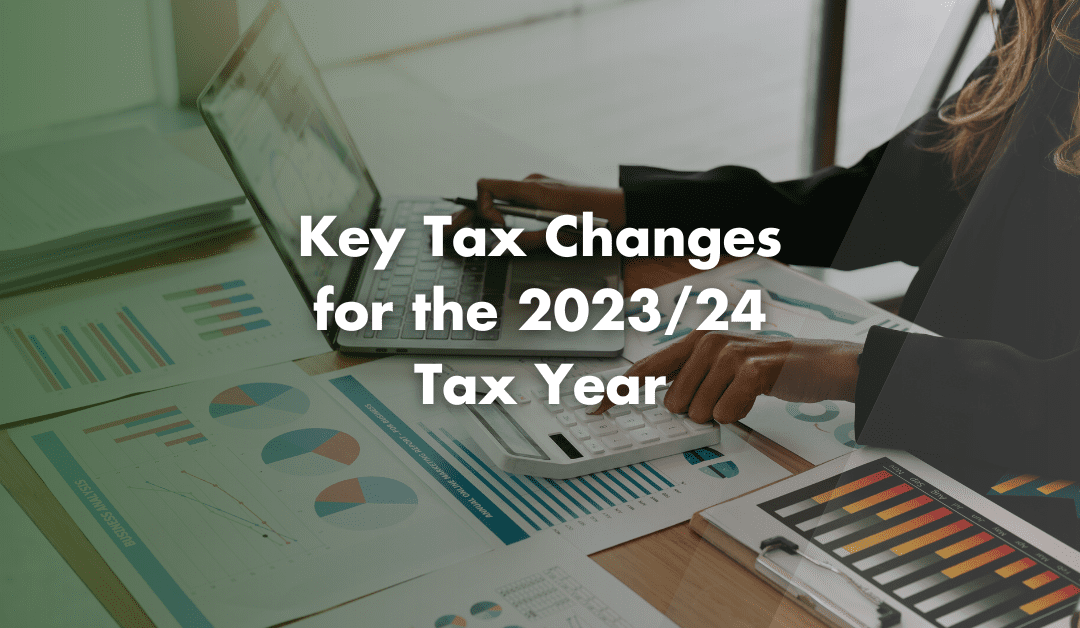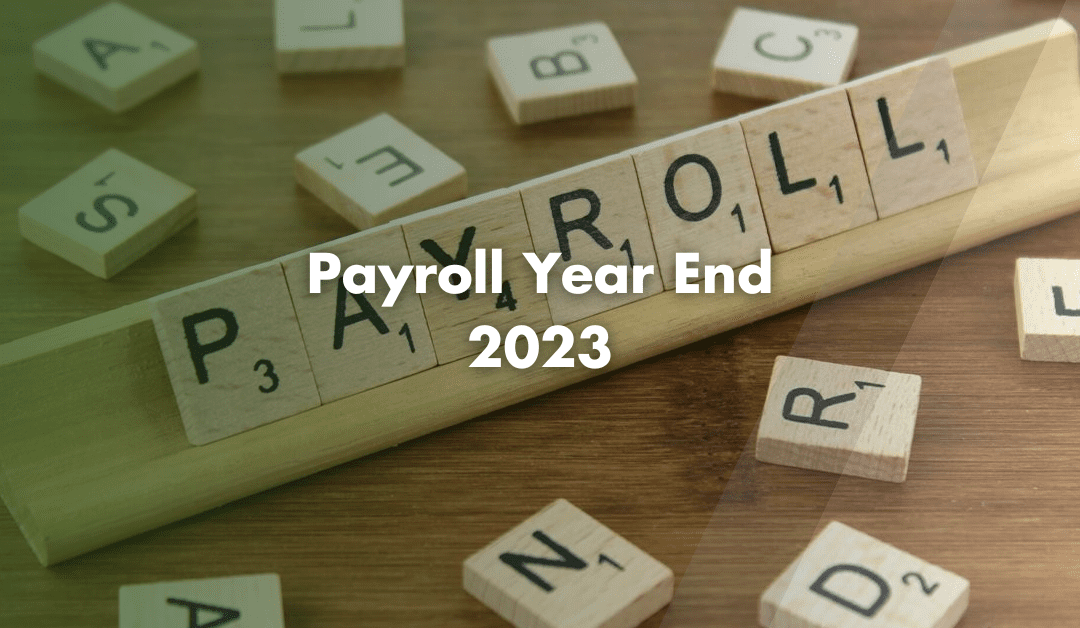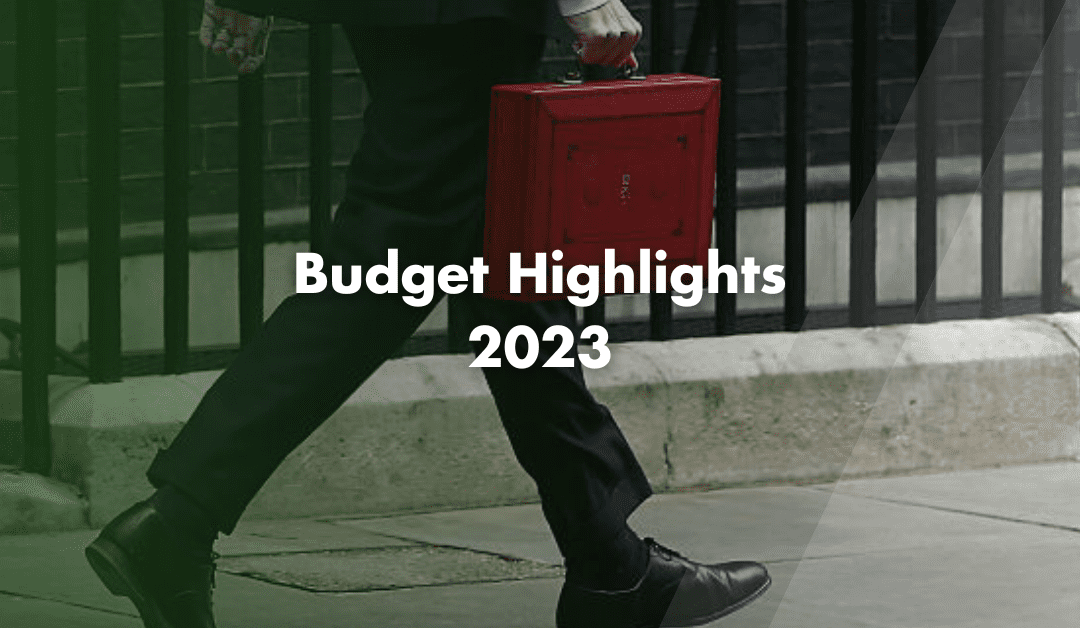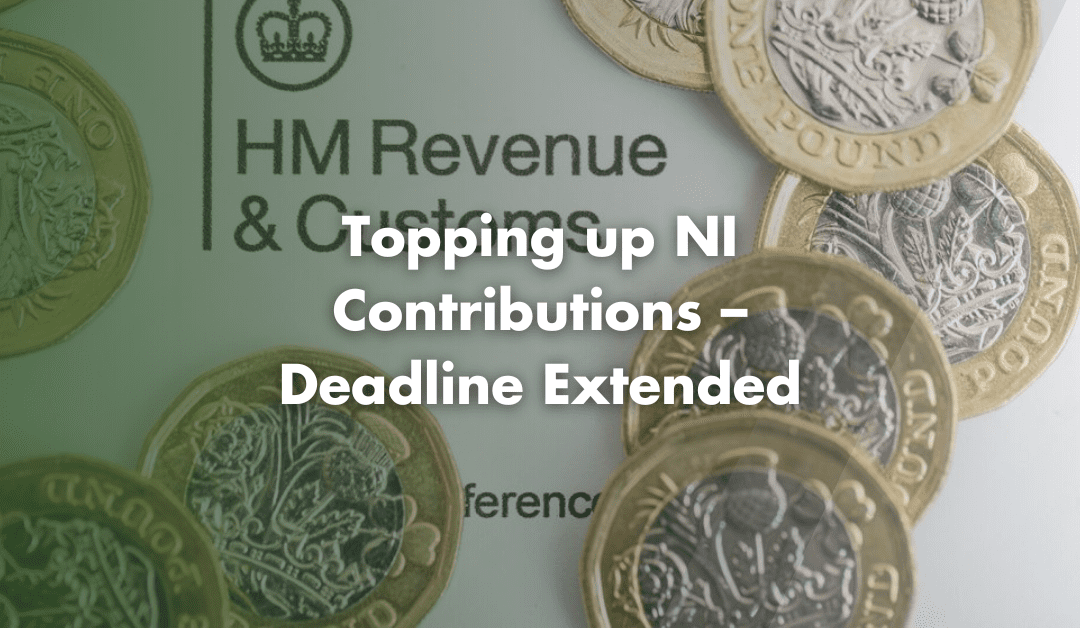
by Pi Accountancy | Sep 4, 2024 | Frequently Asked Questions, HMRC, Taxes
Tax Investigation Insurance is a specific type of cover that protects you from the professional fees you will incur if HMRC investigates your tax affairs. These tax investigations can come from irregularities in your tax returns or entirely at random. The insurance...

by Pi Accountancy | Sep 3, 2024 | Frequently Asked Questions, HMRC, Taxes
An HMRC Tax Investigation, also known as a compliance check, is an official review of an individual’s or business’s tax records. HMRC wants to confirm that they are calculating and paying their taxes correctly. These investigations therefore allow HMRC to...

by Pi Accountancy | Jul 16, 2024 | Frequently Asked Questions, Self Assessment
HMRC uses the Self Assessment system to collect Income Tax and requires taxpayers to complete a yearly tax return. Self Assessment is for those who do not have their taxes automatically deducted from their earnings or for those with additional income sources....

by Pi Accountancy | Jun 19, 2024 | Allowances, Taxes
Marriage Allowance Transfer Marriage Allowance transfer allows one spouse to transfer a portion of their Personal Tax Allowance to the other, providing a tax reduction if certain conditions are met. Who is Eligible? You may qualify for Marriage Allowance if:...

by Pi Accountancy | Jun 12, 2024 | Taxes
Tax on Tips and Gratuities All tips and gratuities, whether received in cash directly from the customer or added electronically via card or cheque, are subject to Income Tax. Depending on how these tips are managed and distributed, National Insurance Contributions...

by Pi Accountancy | Jun 11, 2024 | Taxes
Child Benefit is valuable support for families raising children in the UK. However, if your income is above a certain threshold, you may need to repay some or all of it through the High Income Child Benefit Charge (HICBC). What is the High Income Child Benefit Charge?...

by Pi Accountancy | May 29, 2024 | HMRC, Self Assessment, Taxes
Payments on Account are advance payments towards your tax bill, based on your earnings from the previous year. HMRC assumes your income will remain the same and calculates your tax bill accordingly. Instead of paying your full tax bill in one lump sum, you make 2...

by Pi Accountancy | May 28, 2024 | VAT
7th June VAT Deadline The 7th June marks the due date for VAT returns and payment for the quarter ending 30th April if the returns are filed electronically. This deadline applies to businesses that file their VAT returns electronically, which is now the norm under the...

by Pi Accountancy | May 24, 2024 | Property Landlords, Self Assessment
HMRC use the Self Assessment system to calculate and collect tax on Rental Income. For landlords that earn more than £1,000 annually from rental properties, you must declare this income through Self Assessment. Failing to do so will result in hefty penalties. Do You...

by Pi Accountancy | May 23, 2024 | Advisory and Resources, Taxes
Chattels may seem like a niche topic, but they affect many people who buy, sell or inherit valuable items. If you sell or dispose of an asset for more than you paid for it, you make a profit called a “gain”. That gain may be subject to Capital Gains Tax....

by Pi Accountancy | May 13, 2024 | Taxes
P60 Deadline Following the end of the financial year in the UK, all employers should be looking to issue their employees with their P60. This document summarises an employee’s total earnings and deductions for the year just ended. Ensuring that the P60 is issued...

by Pi Accountancy | May 8, 2024 | Advisory and Resources, Business, Regulations and Schemes, VAT
VAT Road Fuel Scale Charges affect many businesses that use vehicles for both work and personal journeys. With updated rates in May 2025, it is important to understand how the rules work and how the charges may impact your VAT position. What are VAT Road Fuel Scale...

by Pi Accountancy | Jan 8, 2024 | Taxes
The gig economy continues to thrive, with more people turning to side hustles to supplement their income or monetise a hobby. However, the new tax rules introduced in 2024 mean that anyone earning from a side hustle needs to be aware of their tax obligations. What are...

by Pi Accountancy | Apr 25, 2023 | Corporation Tax, HMRC, Taxes
R&D Tax Relief Reformation 2023 Research and Development (R&D) Tax Relief is set to undergo Reformation in 2023, following the review of R&D tax reliefs launched at Budget 2021. The government announced changes to the reliefs at Autumn Statement 2021 to...

by Pi Accountancy | Apr 6, 2023 | Business, Director, HMRC, Self-Employed, Taxes
Happy New Tax Year! As of today, the new UK tax year has officially started. It’s time to get your finances in order, review your tax code and start planning for the year ahead. Whether you’re self-employed, employed or a business owner, this is the...

by Pi Accountancy | Apr 3, 2023 | Self Assessment, Taxes
Higher Earners Tax Rate The highest rate of tax will be paid by more people after the threshold is reduced, following the Chancellor’s Budget announcements. The Chancellor has changed the level at which the 45% additional rate of tax applies from, lowering it...

by Pi Accountancy | Apr 3, 2023 | Self Assessment, Taxes
Childcare Benefit Changes – The Good and the Bad Following the Chancellor’s Budget announcements, there will be some changes to childcare benefit and depending on your personal circumstance, this could be a blessing or a curse. Parents will get up to 30...

by Pi Accountancy | Apr 3, 2023 | Pension, Property Landlords, Self Assessment, Taxes
A Significant Overhaul for Pensions and Retirement Saving Following the Chancellor’s Budget announcements, pensions got a significant overhaul to make retirement saving more appealing. This comes with an increase in the amount you can put into your pension each...

by Pi Accountancy | Mar 31, 2023 | Business, Corporation Tax, Property Landlords, Taxes
The ISA Allowance has been frozen for 2023/24 The annual Investment Savings Account (ISA) allowance has been frozen once again for the 2023/24 tax year. By freezing it again, the allowance is being left at £20,000 for every individual – However there will be an...

by Pi Accountancy | Mar 27, 2023 | Corporation Tax, Taxes
Marginal rate will be charged at 26.5% As of 14 October 2022 it has been re-announced the Corporation Tax main rate will increase to 25% from 1 April 2023 for companies with profits over £250,000. A rate of 19% will be available for business with profits of up to...

by Pi Accountancy | Mar 21, 2023 | Business, Corporation Tax, Director, HMRC, MTD, Self-Employed, Taxes, VAT
Key Tax Changes for the 2023/24 Tax Year We’re here to inform you about the Key Tax Changes for the 2023/24 Tax year and how these changes will affect companies, as well as sole traders. National Insurance The introduction of the new “Health and Social...

by Pi Accountancy | Mar 16, 2023 | Business, Director, HMRC, PAYE, Payroll and Employment, Taxes
The Payroll Year will End on the 5th of April 2023 This year’s Payroll Year will end on the 5h of April 2023 and we’re here to help you get prepared for the next Payroll Year, with the dates you need to be aware of and tips to help you get ready. The Dates...

by Pi Accountancy | Mar 15, 2023 | Business, Corporation Tax, Director, Taxes, The Budget
Budget Highlights 2023 The Chancellor presented his Spring Budget on the 15th of March 2023 and we’re here to discuss some of the highlights. The Economy: The OBR expects inflation to fall from 10.7% to 2.9% by the end of 2023. UK economy will shrink by 0.2%...

by Pi Accountancy | Mar 14, 2023 | HMRC, Taxes
Topping up NI Contributions – Deadline Extended The Government have announced that taxpayers will have until the 31st of July 2023 to make Class 3 voluntary National Insurance (NI) contributions going back to April 2006. This will help them plug gaps in their...



